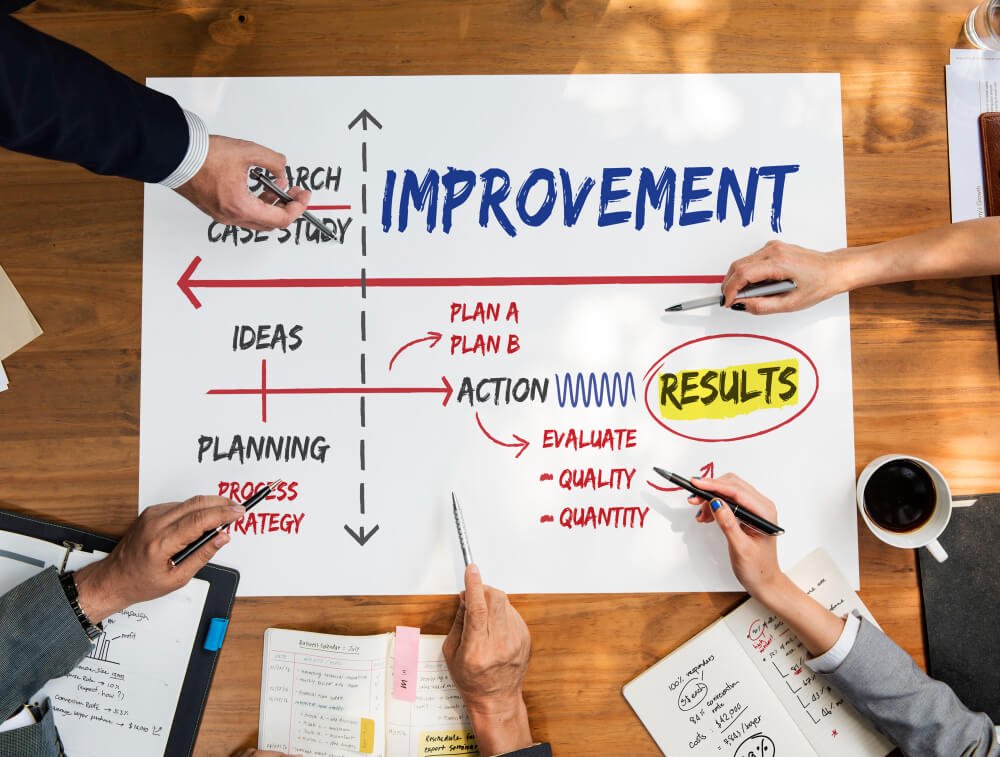In the world of business, continuity planning is crucial. Unexpected disruptions—whether caused by natural disasters, cyberattacks, or other unforeseen events—can severely impact operations, leading to financial losses and damage to reputation. But what about your WordPress website? Should business continuity plan be applied to a WordPress site? The short answer is yes. In this article, we’ll explore why this is important and how you can implement a continuity plan for your WordPress site.
Understanding Business Continuity Planning
Before diving into the specifics of applying a business continuity plan (BCP) to a WordPress site, it’s essential to understand what a BCP entails. A business continuity plan is a comprehensive approach that prepares a business to continue operations under adverse conditions. This involves identifying potential risks, creating strategies to mitigate those risks, and ensuring that critical functions can continue during and after a disruption.
Typically, a BCP covers areas like data backup, disaster recovery, and communication strategies. But in today’s digital age, where websites often serve as the primary face of a business, applying these principles to your WordPress site is not just advisable—it’s essential.
Why Should Business Continuity Plan Be Applied to a WordPress Site?
Your WordPress site is more than just a digital storefront; it’s a critical asset that supports your business operations, customer engagement, and brand reputation. If your site goes down due to a security breach, server failure, or even an unexpected spike in traffic, the consequences can be severe. Here’s why a BCP should be part of your website management strategy:
Minimize Downtime: Downtime can lead to lost revenue, frustrated customers, and a tarnished brand image. A well-planned BCP ensures that your site can quickly recover from disruptions, minimizing downtime and its associated impacts.
Protect Data: Your website likely holds sensitive customer data, transaction records, and other critical information. A BCP helps protect this data by ensuring regular backups and secure storage, reducing the risk of data loss during a crisis.
Maintain Customer Trust: In the event of a disruption, how you respond can make or break customer trust. A BCP ensures you have a clear plan for communication and recovery, helping to maintain customer confidence and loyalty.
Compliance and Legal Requirements: Depending on your industry, there may be regulatory requirements for data protection and disaster recovery. Applying a BCP to your WordPress site can help you stay compliant and avoid legal complications.
Business Continuity Beyond the Physical Office: Many businesses have shifted to remote work or rely heavily on digital operations. Ensuring your WordPress site remains functional during disruptions is part of a broader strategy to keep your entire business running smoothly, even when physical offices are affected.
Key Components of a Business Continuity Plan for WordPress
So, how do you apply a business continuity plan to a WordPress site? Here are the key components you should consider:
- Regular Backups: One of the most critical aspects of continuity planning for your WordPress site is ensuring regular backups. A backup is your safety net, allowing you to restore your site to its previous state in case of data loss, corruption, or hacking. Use a reliable backup plugin like UpdraftPlus, BackupBuddy, or Jetpack to automate the process. Ensure that backups are stored in multiple locations (e.g., cloud storage, local servers) to safeguard against a single point of failure.
- Disaster Recovery Plan: A disaster recovery plan (DRP) outlines the steps to take in the event of a major disruption. This should include restoring backups, switching to a temporary hosting provider if your main server is down, and ensuring that all critical functions (e.g., payment processing, customer communication) can continue. Test your DRP regularly to ensure that it works as expected.
- Security Measures: Security breaches are a common cause of website downtime. Implementing robust security measures is a vital part of your BCP. This includes using strong passwords, enabling two-factor authentication, regularly updating plugins and themes, and employing a firewall. Additionally, consider using a security plugin like Wordfence or Sucuri to monitor and protect your site from potential threats.
- Scalability Planning: Unexpected traffic spikes, whether due to a successful marketing campaign or a viral post, can crash your site if it’s not prepared to handle the load. Scalability planning ensures that your site can accommodate increased traffic without going down. Work with your hosting provider to ensure you have the resources and infrastructure in place to handle traffic surges.
- Communication Strategy: In the event of a disruption, clear communication is key to maintaining customer trust. Your BCP should include a communication strategy that outlines how you will inform customers, stakeholders, and employees about the issue, what steps are being taken to resolve it, and when normal operations are expected to resume. This can be done through social media, email, or a temporary landing page on your site.
- Monitoring and Maintenance: Regularly monitoring your site for performance issues, security vulnerabilities, and potential threats is essential to prevent disruptions before they occur. Use tools like Google Analytics, UptimeRobot, and WPScan to keep an eye on your site’s health. Additionally, schedule regular maintenance to update plugins, themes, and the WordPress core, ensuring everything is up-to-date and secure.
Implementing a Business Continuity Plan for Your WordPress Site
Implementing a business continuity plan may seem like a daunting task, but it’s a necessary one to protect your online presence. Start by assessing the risks specific to your WordPress site and then develop strategies to mitigate those risks. Work with your hosting provider, developers, and IT team to ensure that your plan is comprehensive and effective.
Remember, the goal of a BCP is not just to react to disruptions but to prepare for them in advance. By applying a business continuity plan to your WordPress site, you’re taking proactive steps to protect your business, maintain customer trust, and ensure long-term success.
Conclusion
So, should business continuity plan be applied to a WordPress site? Absolutely. In today’s digital age, your website is a critical part of your business operations. By applying the principles of business continuity planning to your WordPress site, you can ensure that your site remains functional, secure, and resilient in the face of unexpected challenges. Don’t wait until disaster strikes—start planning today to safeguard your business’s future.

